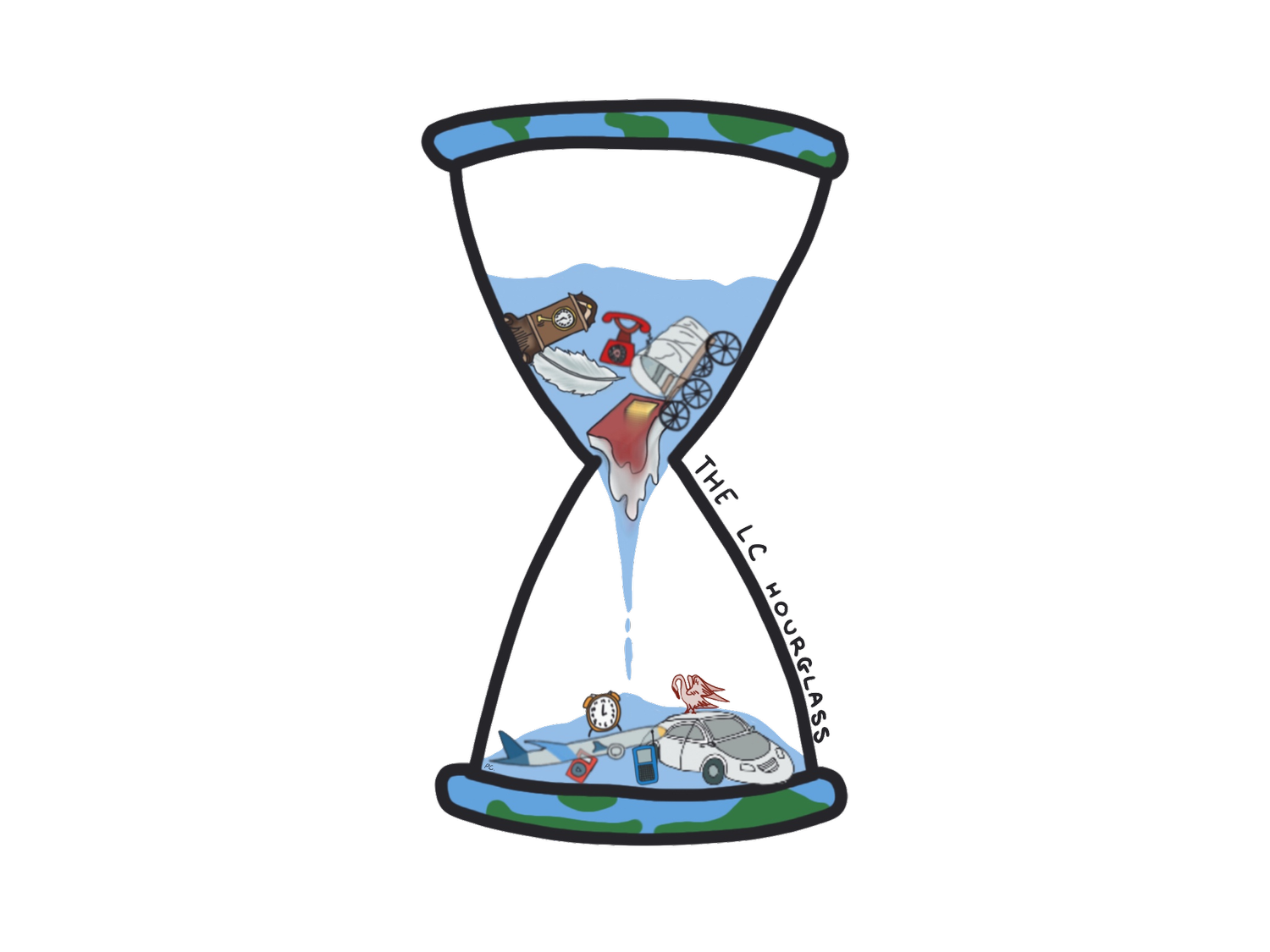Queer Nations: The Fight for Global Equity
By Cookie Danchaivijitr ’26
“No longer may this liberty be denied,” stated Justice Anthony M. Kennedy on June 26, 2015, right after the U.S. Supreme Court enshrined same-sex marriage as a right in all 50 states across the nation. Outside, hundreds of pride flags flew in the air while people chanted with joy. However, this celebration has only grown to cover a limited number of countries. As of 2023, only 34 countries have legalized same-sex marriage. Although this number can be seen as a notable development since the 2000s, over 60 countries still criminalize homosexuality.
An example of such a country lies in Brunei, with the nation’s same-sex conduct outlawing any homosexual acts, and fining individuals for any “nontraditional” gender expression. One of the primary reasons is the country’s majority Muslim population. However, the most prominent aspect to bring to light is the country’s sultanate system. Joshua Ross, a research fellow at Australian Catholic University, claims that the implementation of anti-homosexual laws is meant to tighten the Sultan’s grip on the country as restlessness grows amongst the population. This legislation marginalizes LGBTQ+ Bruneians from the community, forcing some to choose to leave for a more accepting country.
Meanwhile in Egypt, although same-sex relations are not technically illegal, authorities are using an outdated 1960 anti-prostitution law, specifically “debauchery,” to criminalize homosexuality. Since President Abdel Fattah El-Sisi’s successful military coup in 2013, the number of these cases has noticeably increased. Apart from conventional arrests, police authorities are also using fake accounts on dating apps as a trap for their citizens. Rasha Younes, an LGBT rights researcher, attests that “Egypt has unabashedly continued to target and abuse LGBT people simply for who they are.”
Criminalizing homosexuality takes many forms, from fines to death penalties. However, the motives for their implementations intersect in various ways. Historically, countries with a British colonial legacy are more likely to have repressive laws concerning homosexuality than former colonies of other empires. During the British Empire’s reign, male-to-male sexual relations were largely criminalized, and after the Empire’s downfall, such laws remain in many societies’ codes of conduct. Religiously, countries with a large Islamic and conservative Christian populations tend to have harsher views on homosexual citizens, as their religious texts state that same-sex relations are sinful and problematic. Additionally, nondemocratic countries also are more likely to inveigh against homosexual laws, as homosexuality overlaps with democracies’ effects of exposing citizens to diverse perspectives and developing them to become more accepting of others.
It is understandable that apprehension about homosexuality exists in any society. However, when draconian and restrictive laws are put in place, citizens are unable to fully exercise their right to freedom of expression and marriage. Evading these articles means silencing the voices of thousands of individuals crying out in silence. Governments around the world must realize that their mandates lie in guaranteeing free lives for their citizens, and the cornerstone of such a mandate is the right of free expression; when individuals are unable to freely and fully express themselves, whether in terms of gender or sexuality, the government has truly failed its people.
Bibliography
Liptak, Adam. “Supreme Court Ruling Makes Same-Sex Marriage a Right Nationwide.” The New York Times, June 26, 2015. https://www.nytimes.com/2015/06/27/us/supreme-court-same-sex-marriage.html.
McCall, Melissa. “Same Sex Marriage and Federal Benefits.” Findlaw, April 4, 2016. https://www.findlaw.com/family/marriage/same-sex-marriage-and-federal-benefits.html.
Pew Research Center’s Religion & Public Life Project. “Same-Sex Marriage around the World,” June 9, 2023. https://www.pewresearch.org/religion/fact-sheet/gay-marriage-around-the-world/.
Reality Check team. “Homosexuality: The Countries Where It Is Illegal to Be Gay.” BBC News, April 20, 2018. https://www.bbc.com/news/world-43822234.
Gunia, Amy. “This Is What It’s like to Be Gay in Brunei, Where Homosexuality Is Now Punishable by Being Stoned to Death.” Time, April 5, 2019. https://time.com/5563308/what-its-like-gay-brunei/.
Raghavan, Sudarsan. “Arrests and Torture of Gays, Lesbians in Egypt Are ‘Systematic,’ Rights Report Says.” Washington Post. The Washington Post, October 2020. https://www.washingtonpost.com/world/middle_east/egypt-lgbt-abuse/2020/10/01/424badbc-03c7-11eb-b92e-029676f9ebec_story.html.
Holleis, Jennifer. “LGBTQ Rights in Egypt: Queer Community Battles Crackdown.” dw.com. Deutsche Welle, March 30, 2023. https://www.dw.com/en/lgbtq-rights-in-egypt-queer-community-battles-crackdown/a-65170739.
Han, Enze, and O’Mahoney, Joseph. “How Britain’s Colonial Legacy Still Affects LGBT Politics around the World.” The Conversation, May 15, 2018. https://theconversation.com/how-britains-colonial-legacy-still-affects-lgbt-politics-around-the-world-95799.
Adamczyk, Amy. “Why Do Some Countries Disapprove of Homosexuality? Money, Democracy and Religion.” UC Press Blog, March 23, 2017. https://www.ucpress.edu/blog/26260/why-do-some-countries-disapprove-of-homosexuality-money-democracy-and-religion/.
